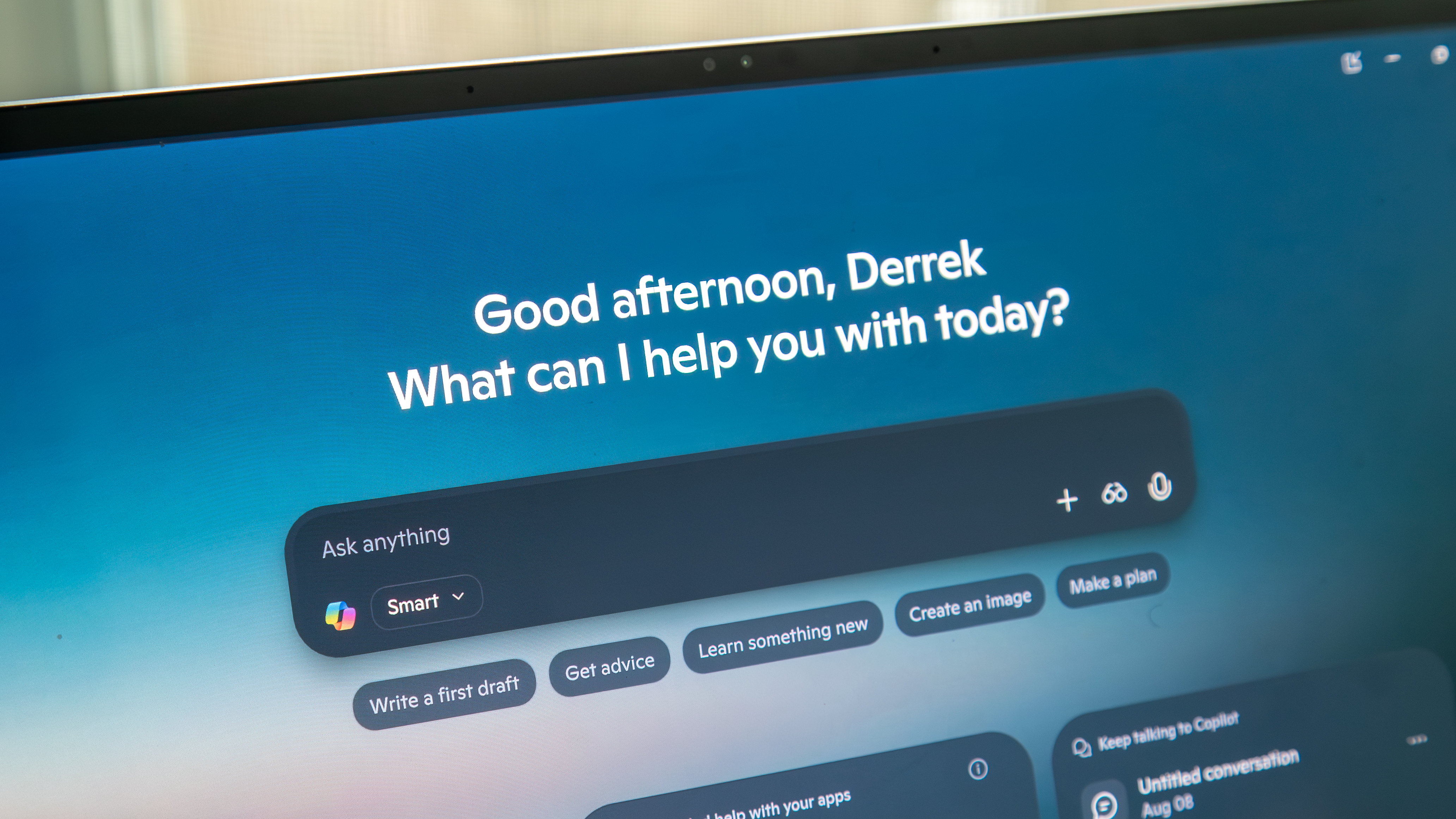OnePlus 8T vs. OnePlus 7T: Should you upgrade?
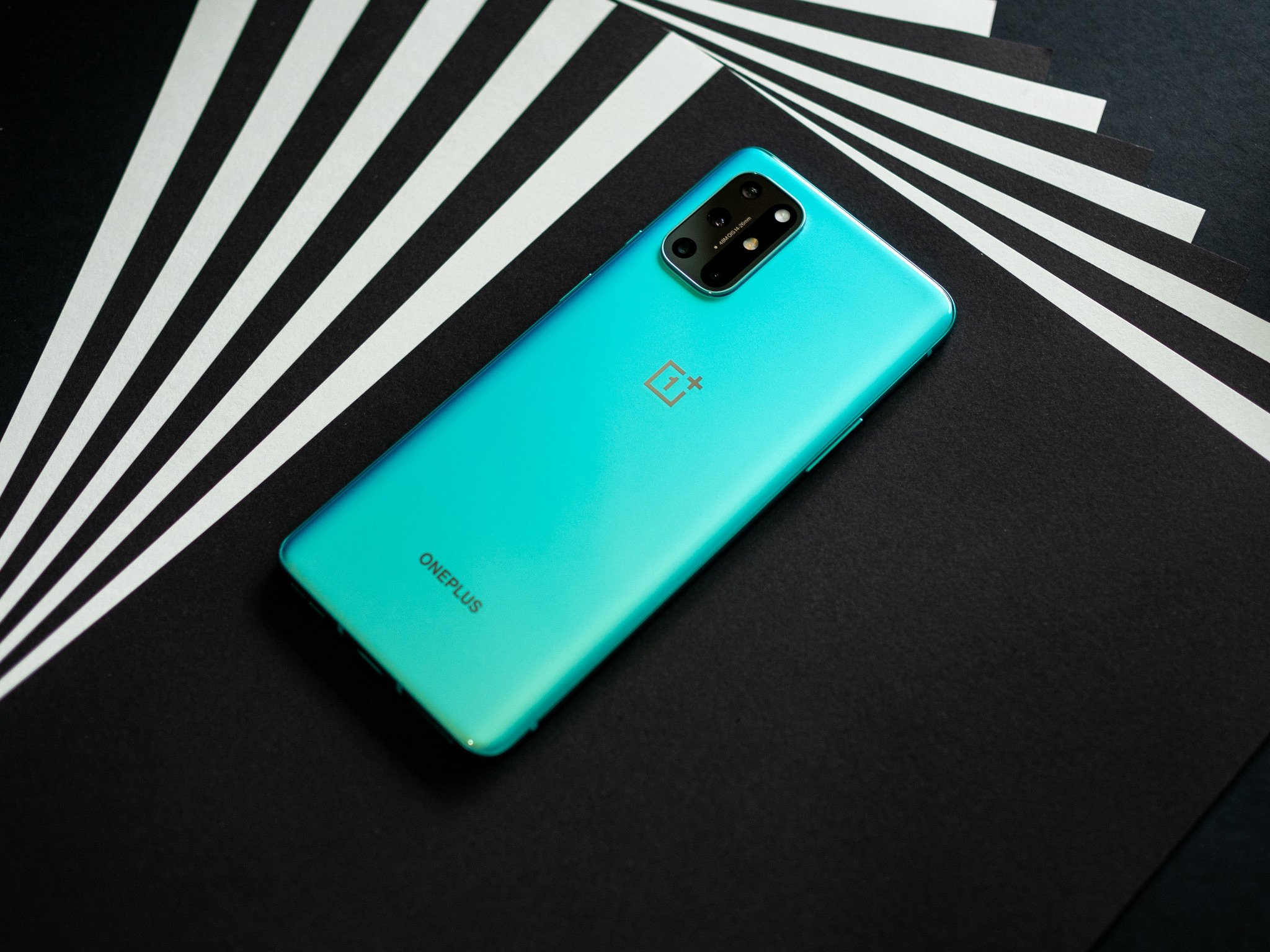
Get the latest news from Android Central, your trusted companion in the world of Android
You are now subscribed
Your newsletter sign-up was successful
OnePlus 8T
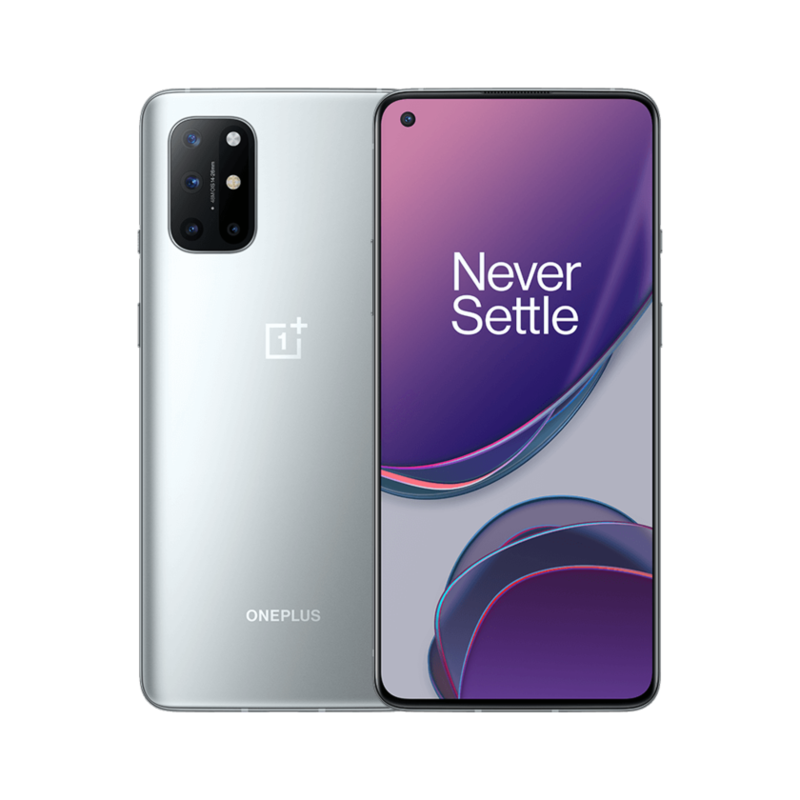
The OnePlus 8T is packed with the latest tech you'll find today. There's a gorgeous 120Hz AMOLED screen backed by the Snapdragon 865 chipset with 5G connectivity, 65W fast charging, and Android 11 out of the box. If you want one of the fastest phones in the market today, you should get your hands on the OnePlus 8T.
OnePlus 8T
All the latest tech
OnePlus 7T
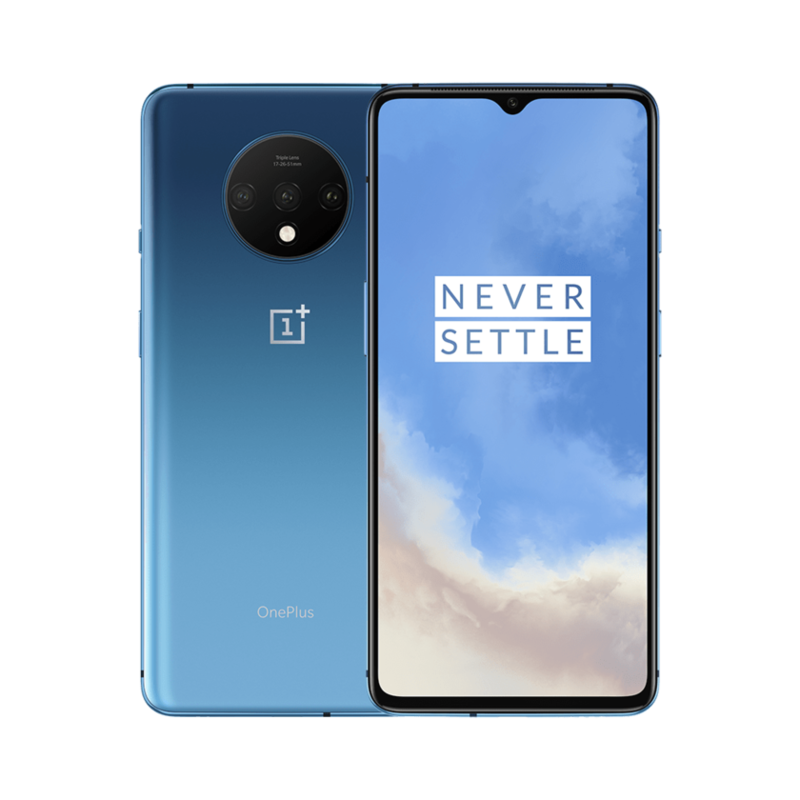
The OnePlus 7T is still going strong a year after its launch. The hardware has more than enough power to run demanding games, the design is still striking, and the 90Hz AMOLED panel is still a delight to use. The only thing you're missing out on is 5G connectivity, and if you don't care about that, the 7T is a great value in 2020.
OnePlus 7T
Ultimate 4G phone
The OnePlus 8T is now official, but last year's OnePlus 7T is still on sale in the U.S. That makes for a very interesting comparison because OnePlus doesn't usually make radical changes on the hardware side of things anymore. In fact, the OnePlus 7T has the same 48MP camera as the 8T, so should you pick up the latest flagship or get the discounted 7T instead? That's what we're about to find out.
OnePlus 8T vs. OnePlus 7T: Similar hardware with a few key changes
A year after its launch, the OnePlus 7T continues to be one of my favorite phones. OnePlus nailed the design and struck the ideal balance in terms of value, and the result is that the phone continues to hold its own in 2020.
The OnePlus 8T comes with a few upgrades that allow it to stand out, notably 5G connectivity. With manufacturers and carriers pushing 5G connectivity in 2020, the standard is now widely available. As is always the case with new wireless technology, the addition of a 5G modem has increased prices significantly in 2020, with the OnePlus 8T retailing for $749 — $150 more than the OnePlus 7T.
Honestly, there's very little separating both phones — the OnePlus 7T is still a fantastic option.
Then there's how the OnePlus 7T is now available for just $449, a $150 discount from its launch price. So you're effectively paying $300 more for the OnePlus 8T, so let's find out if you're getting your money's worth.
On the design side of things, there isn't much to differentiate the OnePlus 8T from the 7T at the front. Both phones offer flat AMOLED displays and have thin bezels. They're also rocking the same 6.55-inch screen size, and while the 8T has a 120Hz refresh rate, there isn't too much of a difference between that and the 90Hz panel on the 7T.
Get the latest news from Android Central, your trusted companion in the world of Android
You'll see a more pronounced difference at the back, with the OnePlus 7T offering a camera housing that's reminiscent of DSLRs. The housing allows the phone to stand out, and makes it very distinctive. The 8T has a new design with a rectangular housing with a dual-column design, but I like the layout of the 7T better.
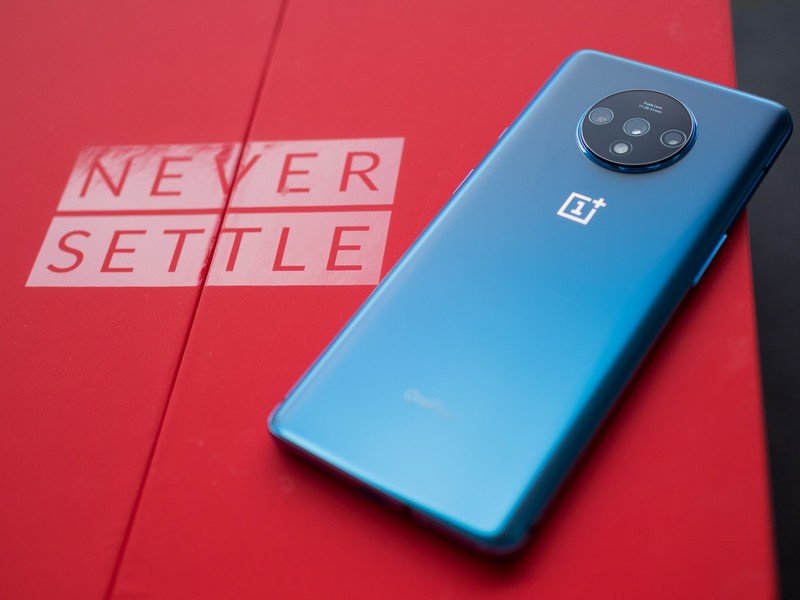
Coming to the hardware, the Snapdragon 855+ on the 7T still has plenty to offer in 2020. In day-to-day use, I don't see any difference between the Snapdragon 855+ and the Snapdragon 865 that's powering the 8T. That said, the Snapdragon 865 features a 5G modem, so if you're buying a phone in 2020 and want to use 5G sometime in the future, the OnePlus 8T seems like the obvious choice.
Then again, the 8T just has Sub-6 5G and you don't get mmWave, and it will be a few years before you notice any meaningful difference in bandwidth between 5G and 4G. There's also the fact that 5G won't be live in markets like India for several years. Right now, 5G shouldn't be the reason to pay more for a device.
The OnePlus 7T delivers the same cameras for $250 less — making it a standout value.
The OnePlus 8T has 65W fast charging, a genuinely useful feature that charges the 4,500mAh battery in 39 minutes. The 7T, meanwhile, comes with 30W fast charging so it'll take just under an hour to fully charge the 3,800mAh battery.
As for the software, the OnePlus 8T features OxygenOS 11 based on Android 11 out of the box. The OnePlus 7T is still on Android 10, but it should make the switch to Android 11 before the end of the year.
The best Android phones offer cameras that take incredible shots in just about any lighting condition, and this is one area in which OnePlus hasn't made much gains in the last 12 months. The OnePlus 8T uses the same 48MP Sony IMX586 imaging module as the 7T, and while you'll get marginally better shots due to software tuning, there's nothing to get excited about in this front.
OnePlus 8T vs. OnePlus 7T: Specs
| Header Cell - Column 0 | OnePlus 8T | OnePlus 7T |
|---|---|---|
| Operating system | Android 11 OxygenOS 11 | Android 10 OxygenOS 10.5 |
| Display | 6.55-inch 120Hz Fluid AMOLED 2400x1080 (20:9) HDR10+ Gorilla Glass 5 | 6.55-inch 90Hz Fluid AMOLED 2400x1080 (20:9) HDR10+ Gorilla Glass 5 |
| Chipset | Snapdragon 865 1 x 2.84GHz A77 3 x 2.42GHz A77 4 x 1.80GHz A55 Adreno 650 7nm | Snapdragon 855+ 1 x 2.96GHz Kryo 485 3 x 2.42GHz Kryo 485 4 x 1.80GHz Kryo 485 Adreno 640 7nm |
| RAM | 8GB/12GB LPDDR4X | 8GB LPDDR4X |
| Storage | 128GB/256GB UFS 3.1 | 128GB/256GB UFS3.0 |
| MicroSD slot | ❌ | ❌ |
| Rear camera 1 | 48MP (IMX586), 0.8um f/1.75, OIS 4K at 30fps | 48MP (IMX586), 0.8um f/1.6, OIS 4K at 60fps |
| Rear camera 2 | 16MP wide-angle, f/2.25 120-degree field-of-view | 16MP wide-angle, f/2.2 117-degree field-of-view |
| Rear camera 3 | 5MP macro, f/2.4 | 12MP telephoto, f/2.2 OIS, 2x zoom |
| Rear camera 4 | 2MP monochrome, f/2.4 | ❌ |
| Front camera | 16MP, f/2.4 1080p video, fixed focus | 16MP, f/2.4 1080p video, fixed focus |
| Connectivity | 5G Sub-6, SA and NSA Wi-Fi 6, Bluetooth 5.1 AptX HD, NFC, A-GPS | 4G Wi-Fi ac, Bluetooth 5.0 AptX, NFC, A-GPS |
| Battery | 4500mAh Non-removable | 3800mAh Non-removable |
| Charging | USB-C 3.1 Warp Charge 65 (10V/6.5A) | USB-C 3.1 Warp Charge 30T (5V/6A) |
| Audio | USB-C Stereo speakers | USB-C Stereo speakers |
| Water resistance | ❌ Only on T-Mobile version | ❌ |
| Security | In-display fingerprint (optical) | In-display fingerprint (optical) |
| Dimensions | 160.7 x 74.1 x 8.4mm 188g | 160.9 x 74.4 x 8.1mm 190g |
| Colors | Ultramarine Green, Lunar Silver | Glacier Blue, Frost Silver |
OnePlus 8T vs. OnePlus 7T: How much do you care about 5G?
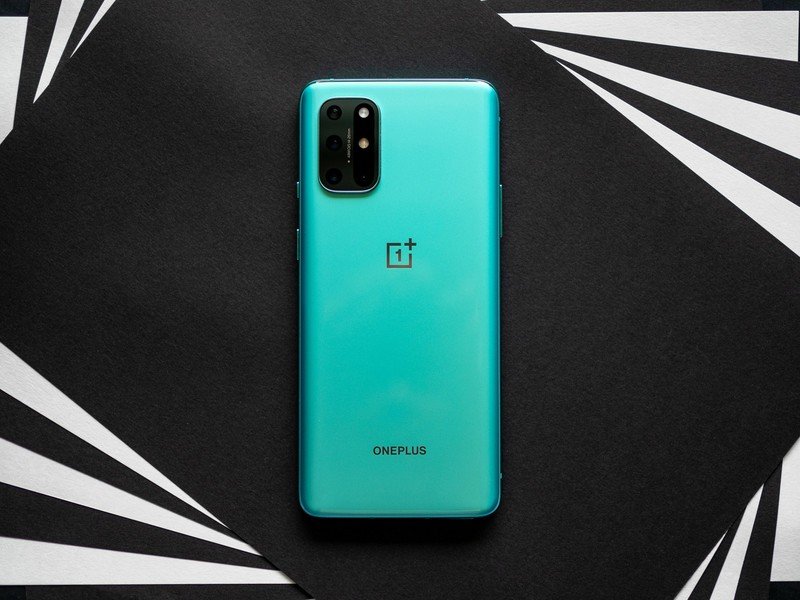
The OnePlus 8T has all the latest features you care about, but the OnePlus 7T isn't far behind. When you consider the fact that the 7T is now available for $449 — $300 less than the 8T — it becomes a much more attractive option.
If you're not sold on 5G, the OnePlus 7T is the phone to get — if you can still find one.
As always, there are a few caveats. The 7T that's on sale in the U.S. is limited to T-Mobile, with the unlocked model selling out months ago. And in markets like India, the phone costs ₹37,999 ($507), which is just ₹5,000 less than the ₹42,999 ($574) that the 8T commands.
So in India, the 8T is obviously the better choice. But if you're in the U.S. and are a T-Mobile customer, the 7T is a fantastic value at just $449. You're getting the same quality of internal hardware, a 90Hz AMOLED panel, 30W fast charging, and the same cameras as the 8T.
Sure, you're missing out on 5G, but the wireless standard is limited to a few cities and doesn't deliver a meaningful uptick in bandwidth over 4G. The OnePlus 8T still has a lot to offer though: the 120Hz panel is a delight to use, 65W charging is fantastic, and it comes with Android 11 out of the box. But it isn't $300 better than the 7T, but if you want an unlocked model and need 5G, you will have to pay the premium.

Packed with the latest features
The OnePlus 8T includes all the latest innovations on Android. There's a 120Hz AMOLED panel, the Snapdragon 865 chipset delivers 5G connectivity, you get Android 11 out of the box, and 65W fast charging. If you're interested in buying a phone because of 5G, the 8T is the ideal choice. But if you're not sold on the standard, you can save a lot of cash by going with the OnePlus 7T.

Still a standout option in 2020
The OnePlus 7T offers the same fundamentals as the 7T, but you're missing out in a few areas. The panel is 90Hz instead of 120Hz, you get 30W fast charging in lieu of the 65W option, and there's no 5G. But you get the same camera, the internal hardware is still going strong, and for $300 less you have one of the best bargains of the year.

Harish Jonnalagadda is Android Central's Senior Editor overseeing mobile coverage. In his current role, he leads the site's coverage of Chinese phone brands, networking products, and AV gear. He has been testing phones for over a decade, and has extensive experience in mobile hardware and the global semiconductor industry. Contact him on Twitter at @chunkynerd.
